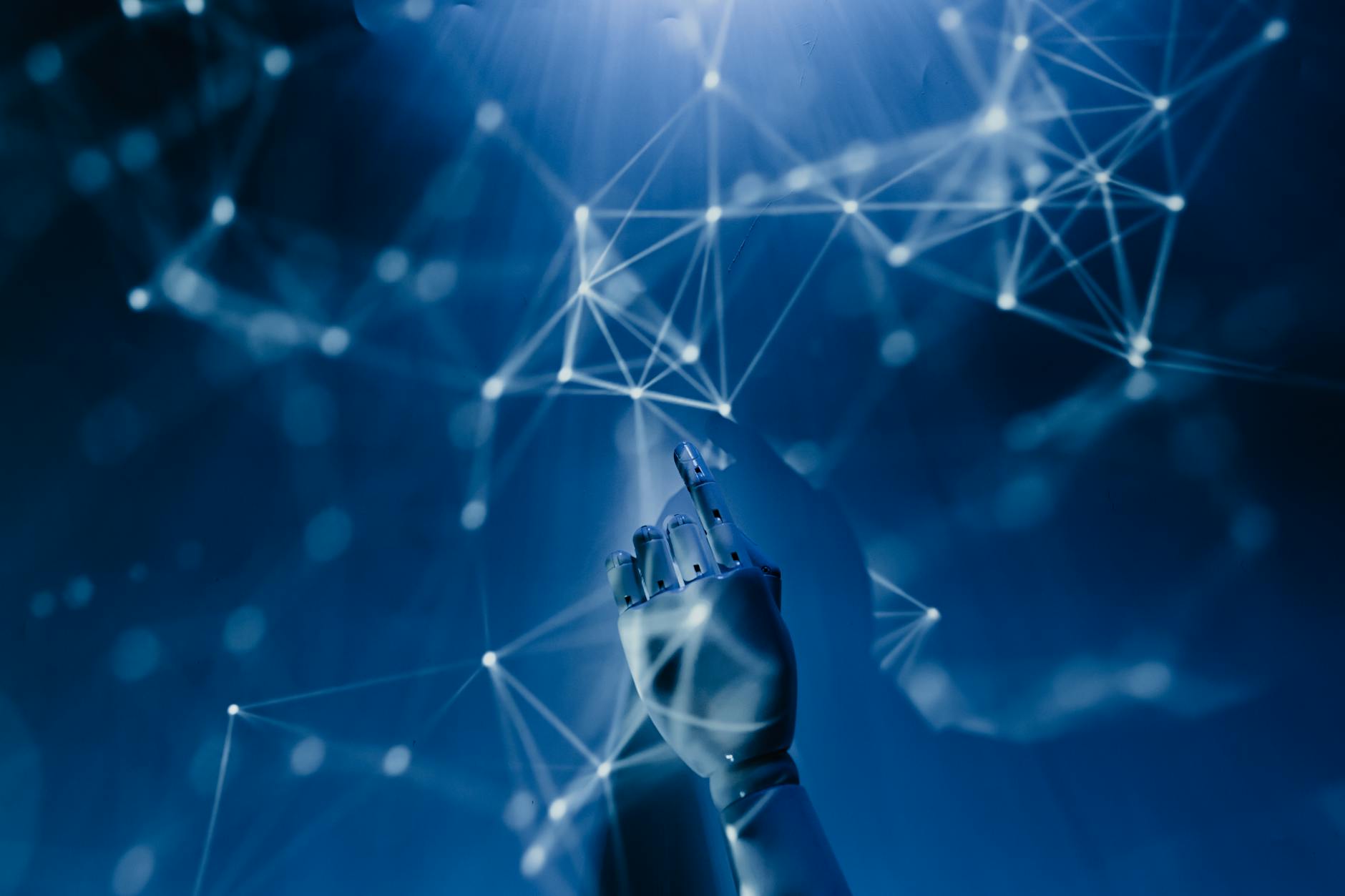GPT-5 Unleashes Reasoning Superpowers as ChatGPT Soars to 700M Users | OpenAI Boosts Distress Detection, Grok Goes NSFW, Browser LLMs Emerge

Key Takeaways
- OpenAI is set to launch GPT-5 in August 2025, promising advanced reasoning capabilities, coinciding with ChatGPT reaching an astounding 700 million weekly users.
- In a significant ethical update, ChatGPT is implementing improved detection and response mechanisms for mental and emotional distress, working with expert advisory groups.
- xAI’s Grok Imagine has introduced new AI image and video generation features that notably permit the creation of NSFW content, aligning with Elon Musk’s unfiltered vision.
- A new WebGPU-powered local LLM demo allows AI chat directly in the browser, offering privacy, no API keys, and device-side processing without network requests.
Main Developments
The AI world is abuzz this week as OpenAI stands on the precipice of its next major leap, with the highly anticipated launch of GPT-5 expected in August 2025. This new iteration promises “reasoning superpowers,” a significant enhancement that could redefine the capabilities and applications of generative AI. The timing couldn’t be more impactful, as ChatGPT, OpenAI’s flagship conversational AI, has already rocketed to an unprecedented 700 million weekly users. This staggering growth, noted by both VentureBeat AI and TechCrunch AI, underscores the mainstream adoption of AI, a trajectory significantly boosted by prior enhancements like the GPT-4 powered image-generation feature introduced in March.
Concurrent with the impending GPT-5 rollout, OpenAI is also making critical ethical strides. Following reports of ChatGPT potentially exacerbating user delusions, the company is rolling out updates to enhance the chatbot’s ability to detect and respond to mental or emotional distress. Collaborating with experts and advisory groups, OpenAI aims to ensure its responses are evidence-based and supportive, a crucial move as AI integrates more deeply into personal and sensitive areas of users’ lives. This proactive approach highlights a growing industry focus on responsible AI development amidst rapid technological advancement.
While OpenAI continues to dominate the cloud-based AI landscape, an exciting development on Hacker News demonstrates the burgeoning potential of decentralized AI. A new “Show HN” showcases a browser-based LLM (large language model) powered by WebGPU, enabling AI chat directly on a user’s device. This innovative demo promises significant benefits, including enhanced privacy as it requires no OpenAI API keys or external network requests, runs entirely locally, and requires no software installation or large file downloads beyond browser caching. Supported by major browsers like Chrome, Safari, and Firefox, and even on iOS and Android, this technology paves the way for a new era of secure, accessible, and user-controlled AI.
In a contrasting move that underscores the diverse philosophies shaping the AI industry, Elon Musk’s xAI has launched “Grok Imagine,” a new AI image and video generator. True to Musk’s vision of an “unfiltered” and “boundary-pushing” AI, Grok Imagine notably allows users to create NSFW (not safe for work) content. This decision positions Grok distinctly against the more conservative content policies adopted by other leading AI developers, sparking debate about censorship, freedom of expression, and the ethical responsibilities of AI platforms. As AI capabilities expand, the industry continues to grapple with varying approaches to content moderation and user autonomy.
Analyst’s View
Today’s news highlights a pivotal moment for AI, marked by both exponential growth and a deepening philosophical divide. OpenAI’s GPT-5 with “reasoning superpowers” signals a qualitative leap beyond mere content generation, potentially unlocking new classes of AI applications that require complex problem-solving. Paired with ChatGPT’s astronomical user base, OpenAI is consolidating its market leadership, but this dominance comes with increased scrutiny regarding ethical use, as evidenced by their swift action on mental distress detection.
The emergence of local, browser-based LLMs via WebGPU presents a fascinating counter-narrative to centralized AI power, emphasizing privacy and user control. This parallel development suggests a bifurcating future for AI: powerful, cloud-based models for complex tasks versus lightweight, local models for personal, everyday use cases. Meanwhile, Grok’s unapologetic foray into NSFW content underlines the tension between innovation and regulation. The industry will increasingly contend with questions of content moderation and the boundaries of “unfiltered” AI, likely leading to a patchwork of regulatory responses globally. Watch for GPT-5’s real-world impact and the escalating debate over AI ethics and decentralization.
Source Material
- ChatGPT rockets to 700M weekly users ahead of GPT-5 launch with reasoning superpowers (VentureBeat AI)
- ChatGPT will ‘better detect’ mental distress after reports of it feeding people’s delusions (The Verge AI)
- OpenAI says ChatGPT is on track to reach 700M weekly users (TechCrunch AI)
- Show HN: WebGPU enables local LLM in the browser – demo site with AI chat (Hacker News (AI Search))
- Grok Imagine, xAI’s new AI image and video generator, lets you make NSFW content (TechCrunch AI)